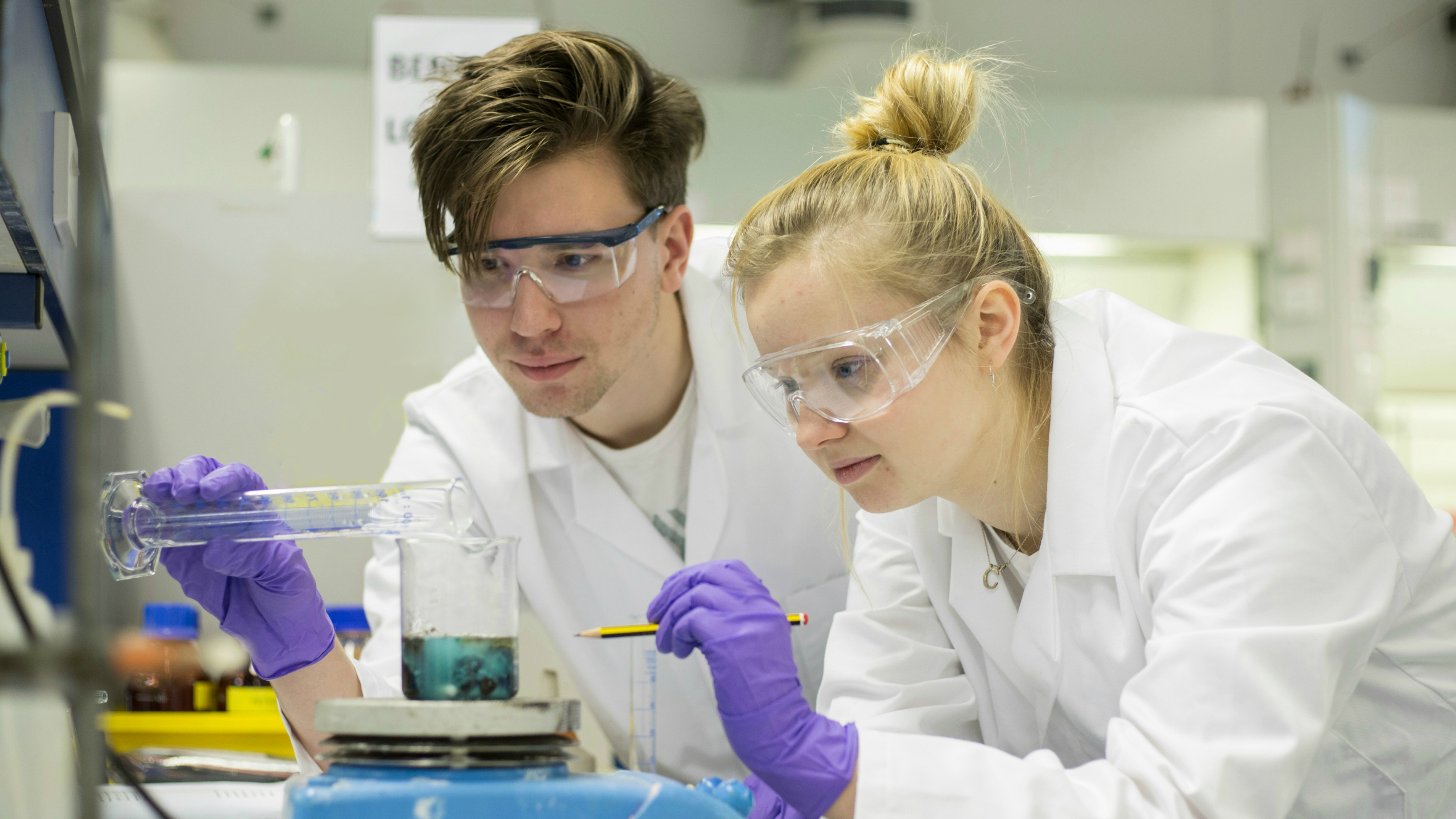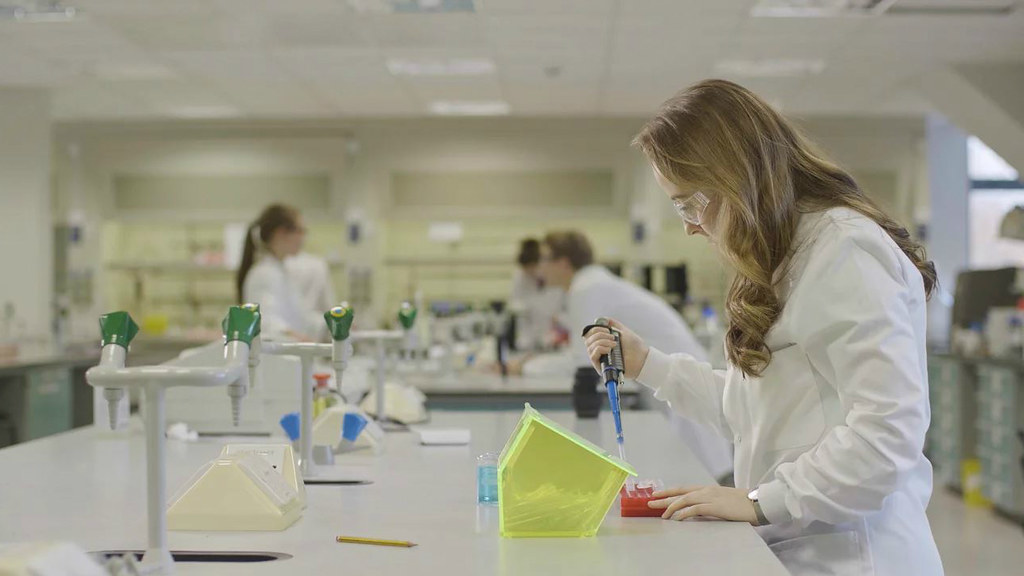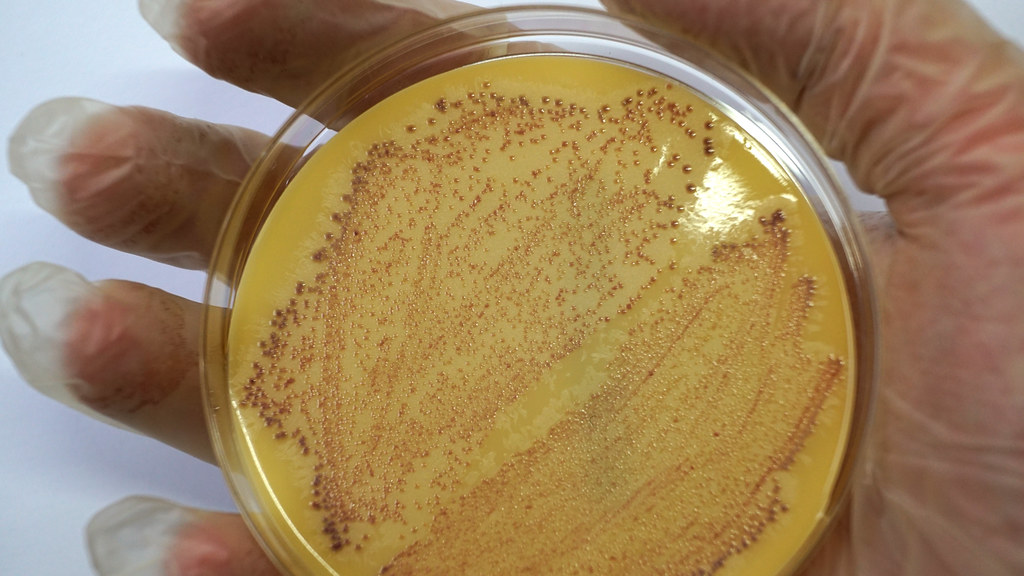Undergraduate courses in natural sciences

Learn more about our natural sciences courses, including entry requirements and the subject choices available in each year.
Natural Sciences allows you to study more than one science subject. Options could include biology, biochemistry, chemistry, pharmacology or physics. Use the course selection tool to design your perfect course or download the course selection guide.

Learn more about our natural sciences courses, including entry requirements and the subject choices available in each year.

From flexibility to placements and multiple career options, there are lots of reasons to study natural sciences at Bath. Here are our top 5.
Read about our students' experience and what they went on to do after graduating.

Current students talk about the benefits of studying Natural Sciences at Bath.

Samad blogs about his current placement with Edwards Vacuum.

Natural Sciences graduate Helen Mylne talks about her fascinating work researching elephants in Zimbabwe.

Natural Sciences student Bea Perks researched a placement outside her degree's field, and made significant discoveries.

Sophie Ward on how studying Natural Sciences at Bath helped her prepare for a research career in coastal oceanography.

Natural Sciences graduate Mike Hutton tells us about his role as a metallurgist at the engineering firm Hatch in Perth, Australia.
Find out how our research is improving lives and changing the world we live in.

Work by Natural Sciences student Roben Els during his placement contributed to ventilation manufacturer, Vent-Axia, winning two environmental industry awards.

A team from Bath has won a gold medal in the prestigious iGEM competition for developing a bacterial variant that closes the loop on human phosphate use.

A discovery that may improve treatment options for patients with neurodegenerative diseases has been made by scientists at Bath and KCL.

Chemists at Bath are developing a new test that detects Group B Streptococcus (GBS) bacteria in 45 minutes.

A tool that promises to throw light on the strategies adopted by MRSA to avoid detection by the body’s immune system has been developed at Bath.

A compound that both inhibits the MRSA superbug in lab experiments and renders it more vulnerable to antibiotics has been discovered by scientists at Bath.
Find out who to contact.
We oversee and deliver teaching, administrative processes and administration of undergraduate courses in Natural Sciences.
Find out more about our contributing departments: Life Sciences, Chemistry and Physics.
Ask us for more details about our courses.